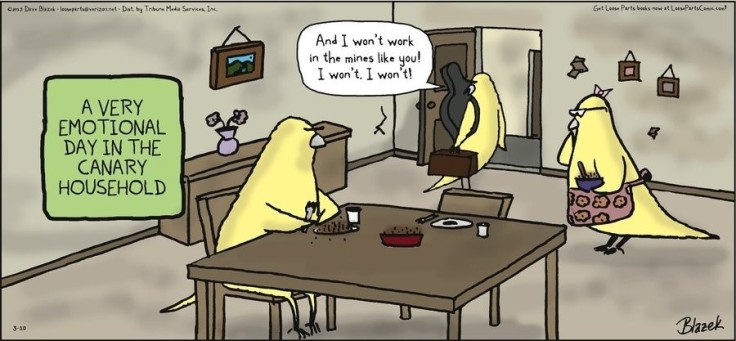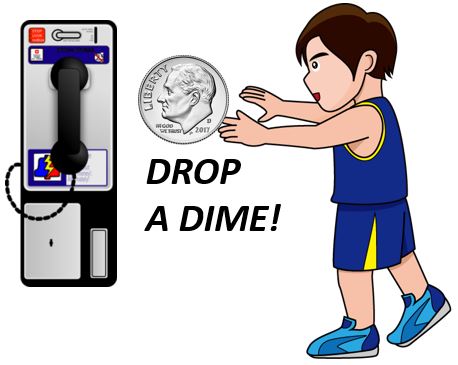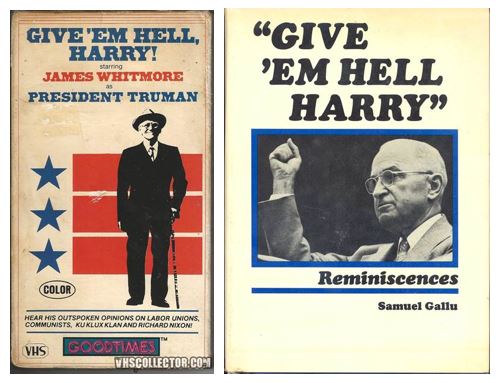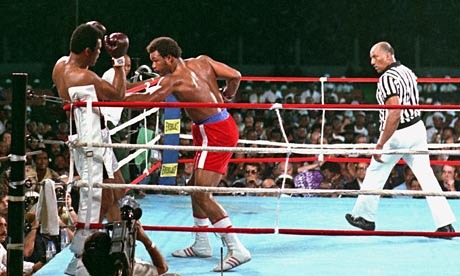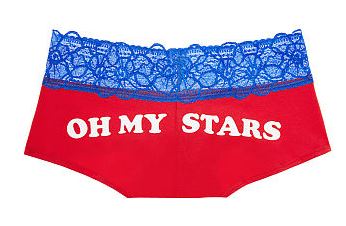
What was said? “OH MY STARS”
Did someone really say that? It’s printed on the backside of a pair of women underwear at Victoria Secret (which I know now thanks to a present from my friend Lindsay!)
What does it mean? In a nutshell, a comedic expression of surprise / shock.
Origin: In 1593, Christopher Marlowe used the expression without the “garter” in a play The Troublesome Raigne and Lamentable Death of Edward the Second: “O my stares! Why do you lower (bring down in rank) unkindly on a king?” The stars in question refer to the astrological stars and one’s disposition in life.
In the 19th century, the expression began to be used in a lighter, more comedic expression to signify surprise. There are other versions, however.
The expression is believed to have also began in the UK as “oh my stars and garters” and refers to honors and awards received as achievements (not referring to the astrological stars). For instance, there was a “Noble Order of the Garter” which was the highest order in the English knighthood founded by Edward III in 1344. This chivalrous medal was in the form of a star like many other medals in Britain. Stars and Garters became the generic name referring to the medals to the group of individuals who had them. The earliest written reference of the phrase was in Alexander Pope’s “The Rape of the Lock” in 1712: “While Peers, and Dukes, and all their sweeping train, And Garters, Stars and Coronets appear.”
Other expressions that are very similar with “stars” in mind: Bless my stars and Thank my lucky stars! Other expressions that lightly tread upon surprise / astonishment: By golly, Oh my!, Oh my gosh, My My, Dear Me, Crikey!
Sources:
http://www.merriam-webster.com/dictionary/Hobson’s%20choice
http://www.phrases.org.uk/meanings/hobsons-choice.html
https://en.wikipedia.org/wiki/Hobson%27s_choice
https://en.wikipedia.org/wiki/Morton%27s_fork
http://tvtropes.org/pmwiki/pmwiki.php/Main/MortonsFork
REFERRALS: Do you LOVE Rema’s Idiom Blog and look forward to it all the time? If so, refer your friends!



